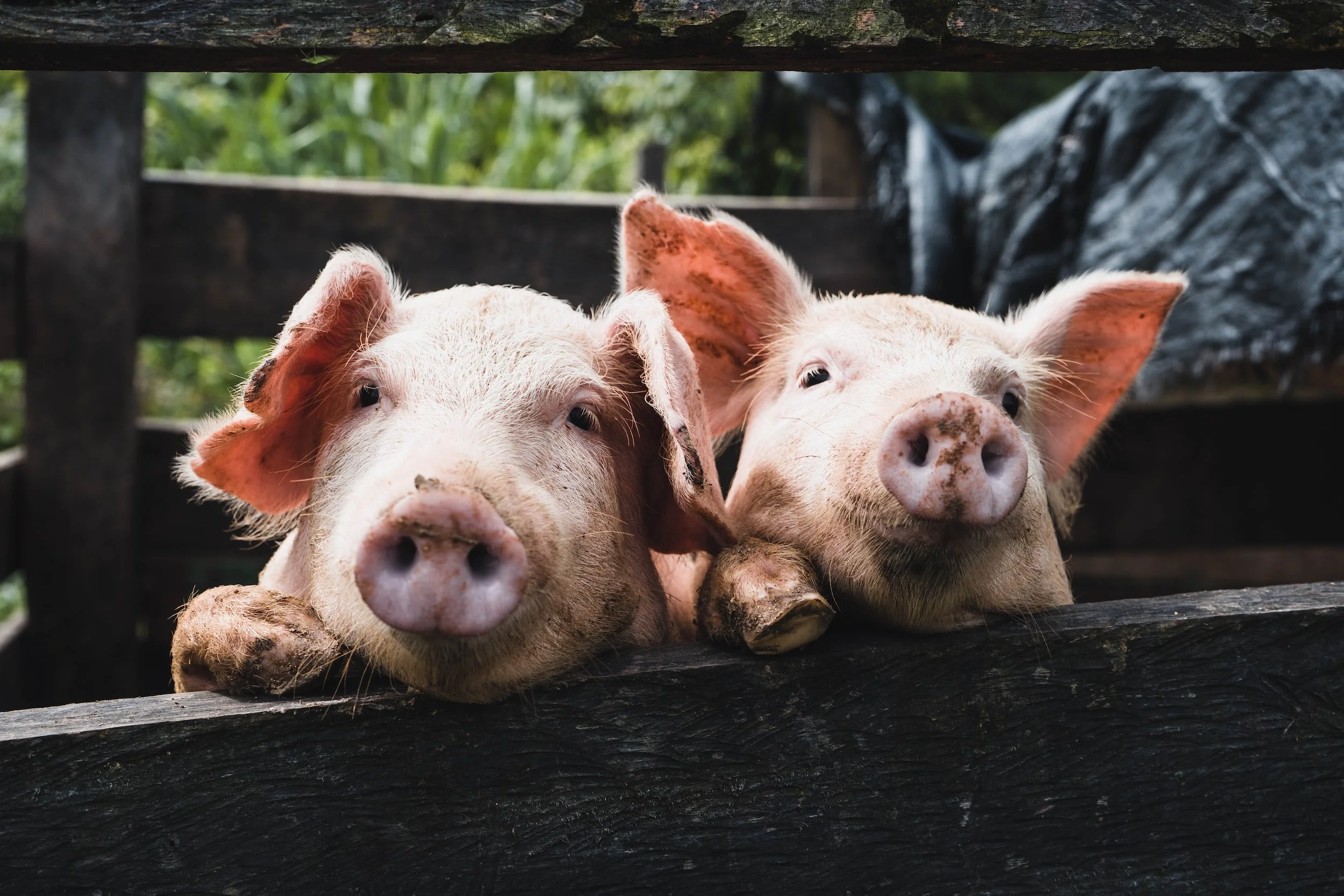Blog By: Sydney LaRue
Palm oil is found in a multitude of everyday products. In this blog, 2L staffer Sydney LaRue demonstrates that the bulk consumption of palm oil has led to deforestation. LaRue ultimately argues for more sustainable practices by requiring companies to disclose palm oil on ingredient lists and for consumers to demand the use of only sustainably grown palm oil.














